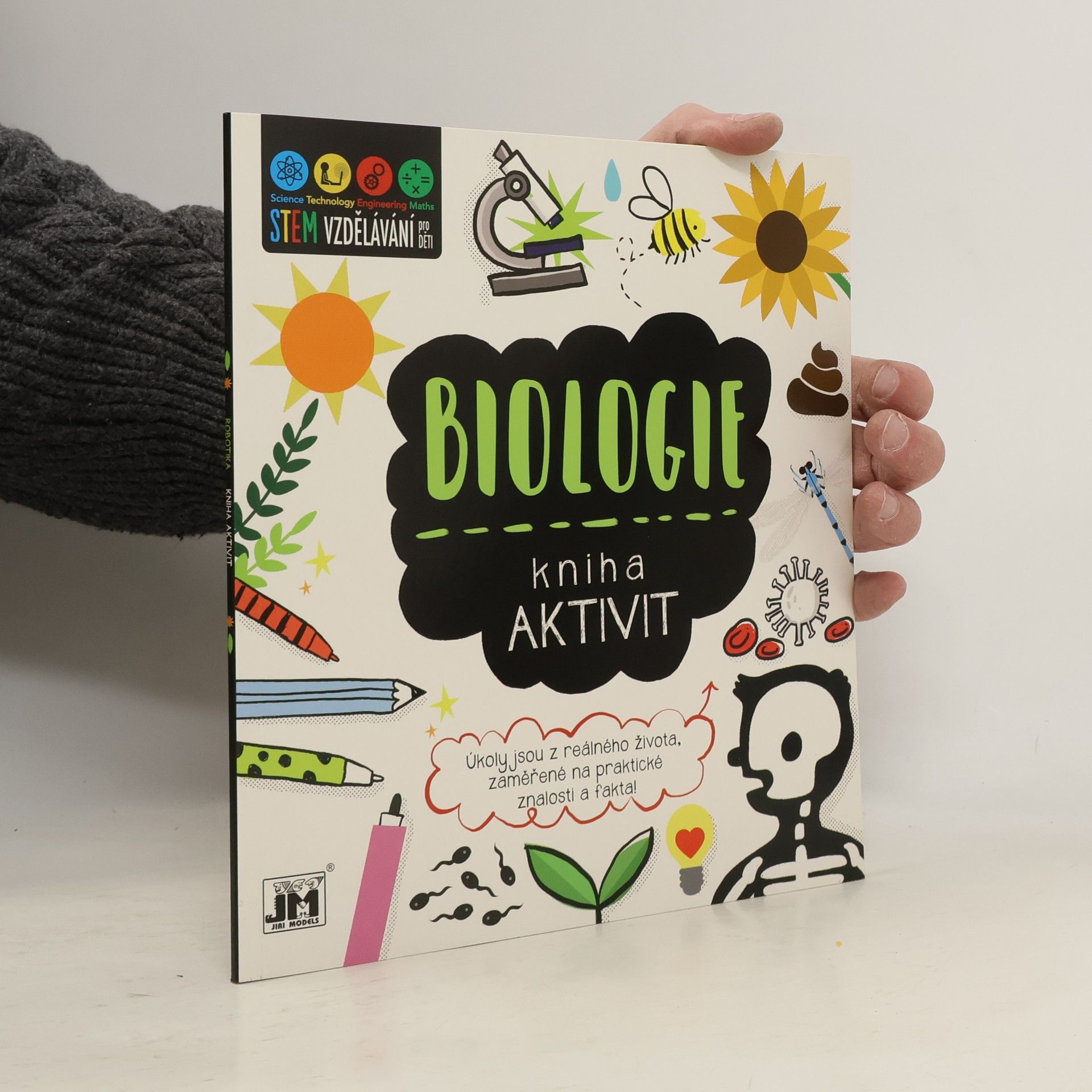Emerging Biology in the Early Years
How Young Children Learn About the Living World
- 148pages
- 6 heures de lecture
Celebrating young children as "emergent biologists," this text offers practical tips, discussion points, and hands-on activities to nurture their natural curiosity. It emphasizes how harnessing this inquisitiveness can enhance early comprehension of scientific concepts, ultimately laying a strong foundation for future learning about the living world.


